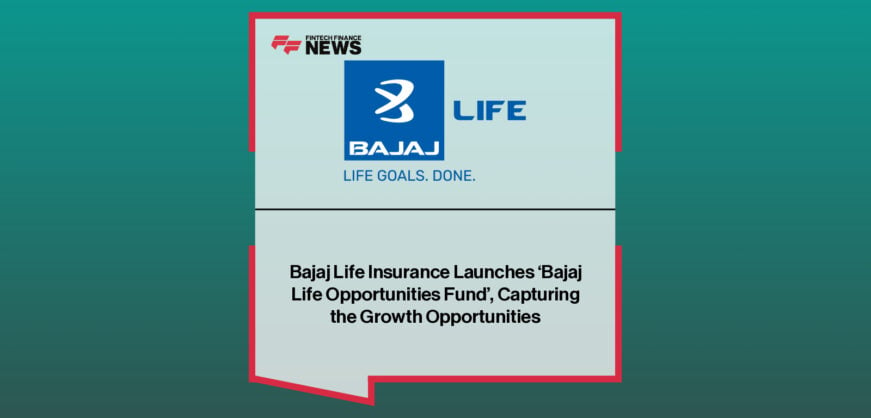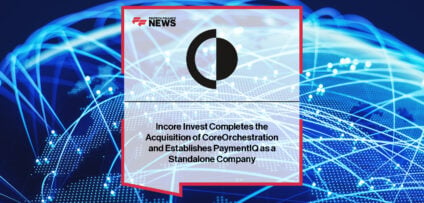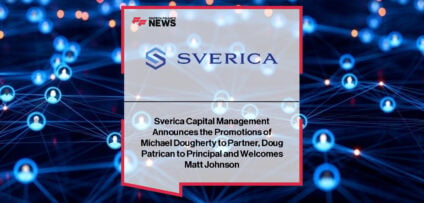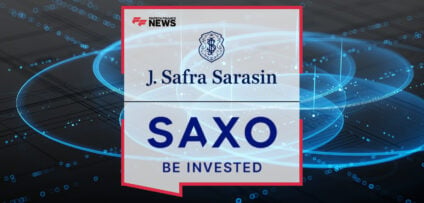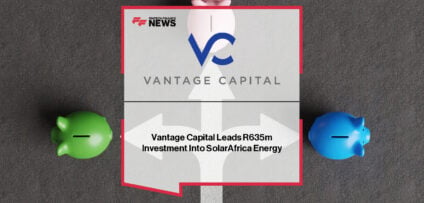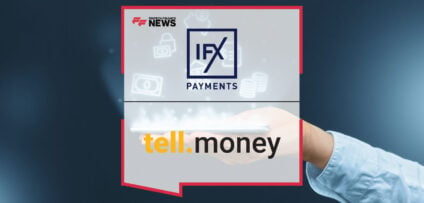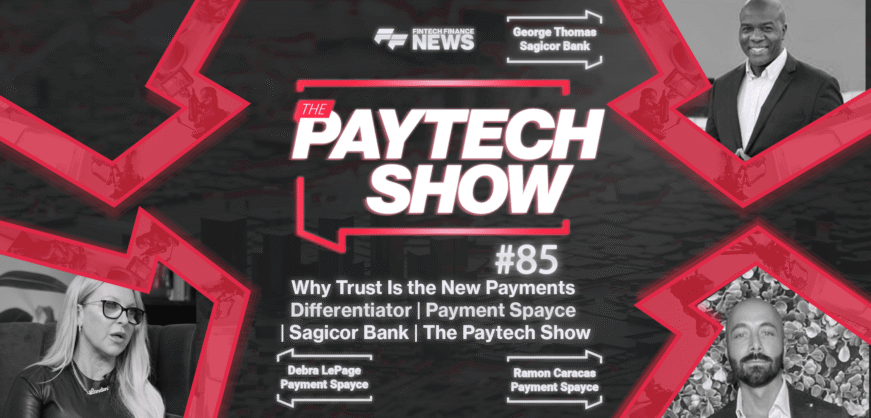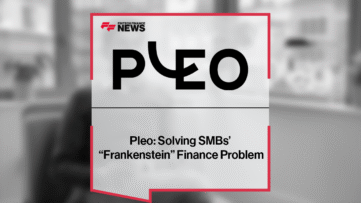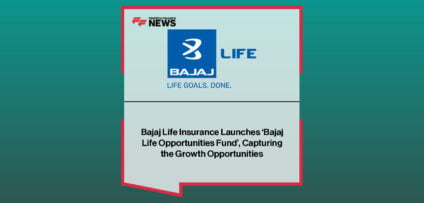Breaking News

EXCLUSIVE: A Newcomer’s POV into Buy Now, Pay Later
Howdy, friends! We’re sticking with howdy. Next, you’ll see me unironically writing “y’all” into my sentences. I’m only half kidding about that.
Anyway, continuing my trend of bumbling through fintech topics with the charm of a fresh-faced newbie, I wanted to talk about Buy Now, Pay Later. We’ll get back to cryptocurrency at a later point, trust me, I just wanted to shift gears for a moment. Today’s subject matter is something I’m already acquainted with, as someone who’s bought products with this payment plan. So, from that consumer perspective, how can I explain the newest kid on the block?
In today’s world, there are countless ways to borrow money. Credit cards, loans, overdrafts, etcetera. One could say that there are many ways to sink your way into debt (more on that later). Buy Now, Pay Later (which I’ll abbreviate to BNPL) is no different to that.
BNPL is simple. You purchase a product under this plan and, instead of paying immediately, you divide that price into weekly or monthly instalments. These can range anywhere between 4-6 weeks to 24-36 months. You’ve still purchased that product, however, which means you receive it before all the payments are made. Most of the time, before you even begin paying.
Nowadays, these payments are typically interest free, meaning that you’re unlikely to spend more than the item’s actual worth. This system increased in popularity – and by a drastic amount, too – during the span of 2019 to 2020. I can imagine that lockdowns, and the pandemic, had a big part to play in the latter part of that; with a lack of income, and relying on stimulus checks, people are more tempted than ever to get what they need (or want) through BNPL.
This system dates back further than 2019, though, and instead goes back to around the 2012-2014 era. Credit schemes weren’t anything new, of course, and the idea of personal credit has been something with a long, storied history in the economic world; but Klarna, a Swedish challenger bank, set up their UK branch in 2014 and has since inspired a variety of other competitors to rise up. AfterPay, PayPal Credit, Sezzle, etc. Since then, the BNPL plan has been on the rise. As a personal example, I bought products in about 2018 from Argos using their own BNPL plan with more and more services offering their own version of BNPL.
It should be noted, however, that these payment plans are just as much of a trap as other methods are. Many don’t charge interest, and some don’t even charge for late payments, but this is another way of robbing your future self with fixed costs. It can be, without the proper bookkeeping in place, difficult to keep track of these payments. Worst case, they can sneak up on you and take away money you would otherwise be setting aside for something important.
That isn’t to say these services are bad. I love them. I use them. The first time I bought something through a BNPL scheme was a Nintendo Switch! It was for Christmas, too! That’s just a personal example, though. Speaking more broadly, we can see how this is a net positive for people all across the spectrum. Whether it’s buying necessities, or buying Christmas gifts, or even just something you really want, it’s an example of financial inclusion – the availability of (and equality of) financial services no matter who or where you are.
(And hey, if you’re like me, this enables you to get the limited edition of something right away.)
But even now, I’m paying that back. And it’s become prevalent in many parts of our daily lives. Gaming systems, mobile phones, clothing & accessories; that last one is particularly frequent, which is only fitting given that it’s an evolution (and an online, long distance means) of the changing room service. Nowadays, one can even find BNPL methods for vacations and cruise trips. No, really, I didn’t believe that part until I looked it up.
So what I want to do, right now, is just offer a word of warning. Think about what you’re getting into before making any decisions. BNPL is a tempting outlet for someone with impulse buying habits (hello, that’s me). And, if you fail to make those payments? Not only do late fees become a worry, but many BNPL agreements come with the threat of debt collection agencies. Some of these are plain. Some of these are hidden away in lengthy terms of service.
Just because you can doesn’t mean you should. To that effect, I believe that there are two good practices one could adopt – to prevent these fees, or agencies, from affecting you.
( And hey, this is as much for myself as it is for others. I can even update a later piece with how well that’s working out for me. This isn’t just a newcomer’s guide because it’s informative, it’s a newcomer’s guide because I’m doing and learning these things alongside you. )
So, first off, bookkeeping. Track automatic payments on services like PayPal, or make a journal with dates and amounts, along with a total value to weigh against your bills, groceries, and other necessary payments. This really sounds like a lot of “well, duh” advice, but you’d be surprised how many people still echo this because we don’t do it. I’ve seen friends fall into unexpected debt because of a payment they forgot. I also fell prey to it. Some services, especially if you don’t read the fine print, don’t tell you when a payment is soon due.
Outside of that, another option is to sleep on it. Yeah. Give it a nap, or a day, and ask yourself if you really need to pay by BNPL. These services can tempt you, because they’re so accessible. It’s a double-edged sword. So, when you’re tempted, step away. Go make something to eat. Distract yourself. When you come back to it, you’ll know if you need, or want, that product.
Remember, these pieces are written with the intention of being Finance 101. So if this sounds rudimentary and fundamental to you? Good! It’s working. And if there’s an advanced tip I pick up on, one which I can bring awareness to or explain simply, then I’ll do that.
This has been the piece on Buy Now, Pay Later. Overall, a mixed topic. There’s good points to be made, and there are just as many bad points to be made. Use your common sense, be keenly aware of your finances, and you’ll do just fine.
Catch y’all later.
( I did it, I said y’all, have fun with that. )
People In This Post
- Why Trust Is the New Payments Differentiator | Payment Spayce | Sagicor Bank | The Paytech Show #85 Read more
- Pleo: Solving SMBs’ “Frankenstein” Finance Problem Read more
- Bajaj Life Insurance Launches ‘Bajaj Life Opportunities Fund’, Capturing the Growth Opportunities Read more
- Incore Invest Completes the Acquisition of CoreOrchestration and Establishes PaymentIQ as a Standalone Company Read more
- Sverica Capital Management Announces the Promotions of Michael Dougherty to Partner, Doug Patrican to Principal and Welcomes Matt Johnson Read more




